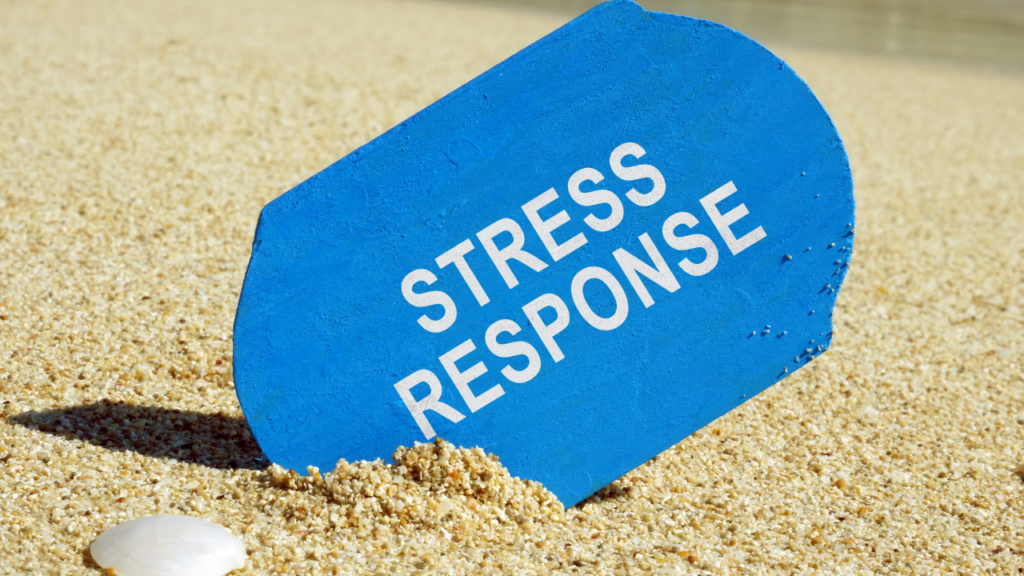Whitehall II Study:
Civil Servants: High/Med/Low grades
The lower grades showed highest percentage of CHD than the other grades due to stress
In many species, subordinate animals are more stressed than dominant ones.
The stress response is initiated by our senses, which our brain sees as a threat on homeostasis and instructs the body to take appropriate action
The stress response involves the release of Adrenaline, Noradrenaline and Cortisol into the bloodstream. The hormones are synthesised and released from the Adrenal Glands.
During Short Term stress, only Adrenaline and Noradrenaline are released which:
Increase Heart Rate
Increase Blood Pressure
Increase Breathing Rate
Increase Blood Glucose
Increase Metabolic Rate
Decrease Digestive Activity
Decrease Excretory Activity
Decrease Reproductive Activity.
During Long Term stress apart from Adrenaline and Noradrenaline, Cortisol and Aldosterone are released:
Aldosterone increases salt/water retention
Increases Blood Volume which
Increases Blood Pressure
Cortisol increases Blood Glucose
Increases catabolism of fat/protein
Decreases Inflammatory Response
Decreases Immune Response.
The overall effect of the stress response is to shunt blood away from the skin, digestive system, kidneys, liver and send it to the:
Brain, Heart and Skeletal Muscles in readiness to:
Fight or Flight
The glucose in the blood provides the energy required for the response.
Short Term Stress
Is an effective method for coping with a short term crisis:
It enhances alertness
It increases memory formation
It activates the immune system.
Long Term Stress
Reduces immune system functioning and increases susceptibility to infectious diseases
CHD can be caused by hastening formation of artherosclerotic plaques
Stomach ulcers caused by the interaction of the physiological changes of stress and Helicobacter pylori
Suppresses reproductive function
Loss of memory function
Weight loss.
Behavioural symptoms:
find it hard to sleep
change in eating habits
smoking or drinking more
avoiding friends and family
sexual problems
Physical Symptoms:
tiredness
indigestion and nausea
headaches
aching muscles
palpitations.
Psychologically:
be more indecisive
find it hard to concentrate
suffer loss of memory
feelings of inadequacy
low self esteem
get irritable or angry
be anxious
feel numb
be hypersensitive
feel drained or listless.
Stressors vary in severity. The Holmes-Rahe scale use Life Change Units (LCU’s):
Top 5:
death of a spouse
marital separation
death of a close family member
personal injury or illness
marriage
Bottom 5:
change in sleeping habits
change in number of family get-togethers
change in eating habits
holiday
minor violations of law.
Stress levels can be reduced by:
good job design
good working conditions
good feedback and communication
support for employees at risk
healthy lifestyles and relaxation.

